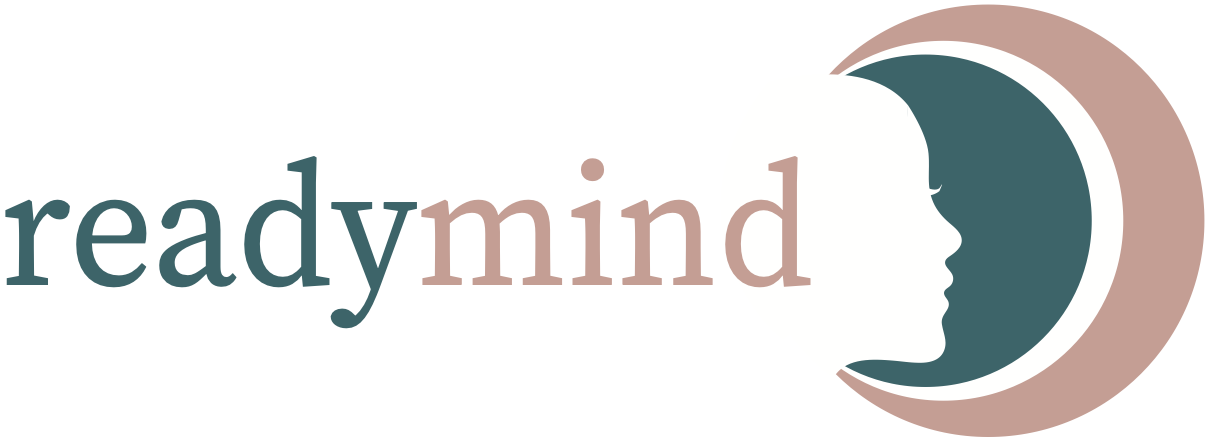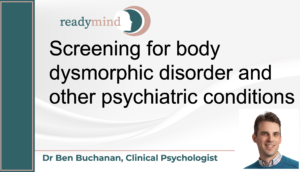ReadyMind software offers several benefits for cosmetic practitioners in assessing body dysmorphic disorder (BDD) and psychological risks associated with dissatisfaction after cosmetic procedures.
Here are the 10 key benefits of implementing the ReadyMind platform in your practice:
1. Streamlined Process: ReadyMind aims to simplify the process of assessing patients by providing a user-friendly software solution. We understand that the guidelines can be stressful, so they strive to make it as easy as possible for practitioners to meet the requirements.
2. Screening Questionnaire: With ReadyMind software, practitioners can send patients a link to complete a screening questionnaire. The questionnaire can be added to routine intake paperwork sent to patients before their consultation. Patients can complete it on their personal device, either at home or at the clinic.
3. Instant Scoring and Interpretation: The software instantly scores and interprets the questionnaire results for the practitioner. This eliminates the need for manual scoring and analysis. The results can be emailed to the practitioner, prescriber or practice manager according to their preference.
4. Automatic Report: ReadyMind generates an automatic report based on the questionnaire results. The report provides an overall rating of the patient’s cosmetic readiness, categorised into green, yellow, or red zones. It also breaks down the factors contributing to the rating, such as body dysmorphia or perfectionism. The report includes recommendations for further assessment or referral, as needed.
5. Consultation Support: The software provides prompts for the practitioner during the consultation. These prompts help guide discussions with patients in the green, yellow or red zones, especially for those in the red zone who require additional recommendations and precautions.
6. Comprehensive Assessment: ReadyMind’s Cosmetic Readiness Questionnaire goes beyond just assessing BDD. It takes into consideration other associated risk factors, providing a more comprehensive evaluation of patients. This approach helps identify patients who are most at risk, rather than capturing a larger number of individuals with general appearance concerns.
7. Referral and Support: The software assists practitioners in referring patients to mental health professionals for further assessment or psychological treatment when necessary, as it provides an evidence-based tool that practitioners can rely on when recommending referral.
8. Feedback and Tracking: The software enables practitioners to track patient outcomes throughout the surgery process or procedure through sending satisfaction or other follow-up measures. This feature helps monitor progress and make informed decisions regarding treatment.
9. Positive Patient Response: In ReadyMind focus groups the majority of patients reported that they value practitioners who can manage their expectations and say no if a procedure is not in their best interests. Patients recognise the value of a psychological screening questionnaire in helping practitioners understand them better, manage unrealistic expectations and provide appropriate recommendations.
10. Additional Resources: ReadyMind offers various resources to support practitioners in implementing the guidelines, including scripts, training videos, referral letter templates, and information handouts. We also encourage feedback from practitioners to develop additional resources as needed.
Overall, ReadyMind software simplifies the screening and assessment process, facilitates communication with patients, provides comprehensive evaluations, and supports practitioners in making informed decisions and referrals.



